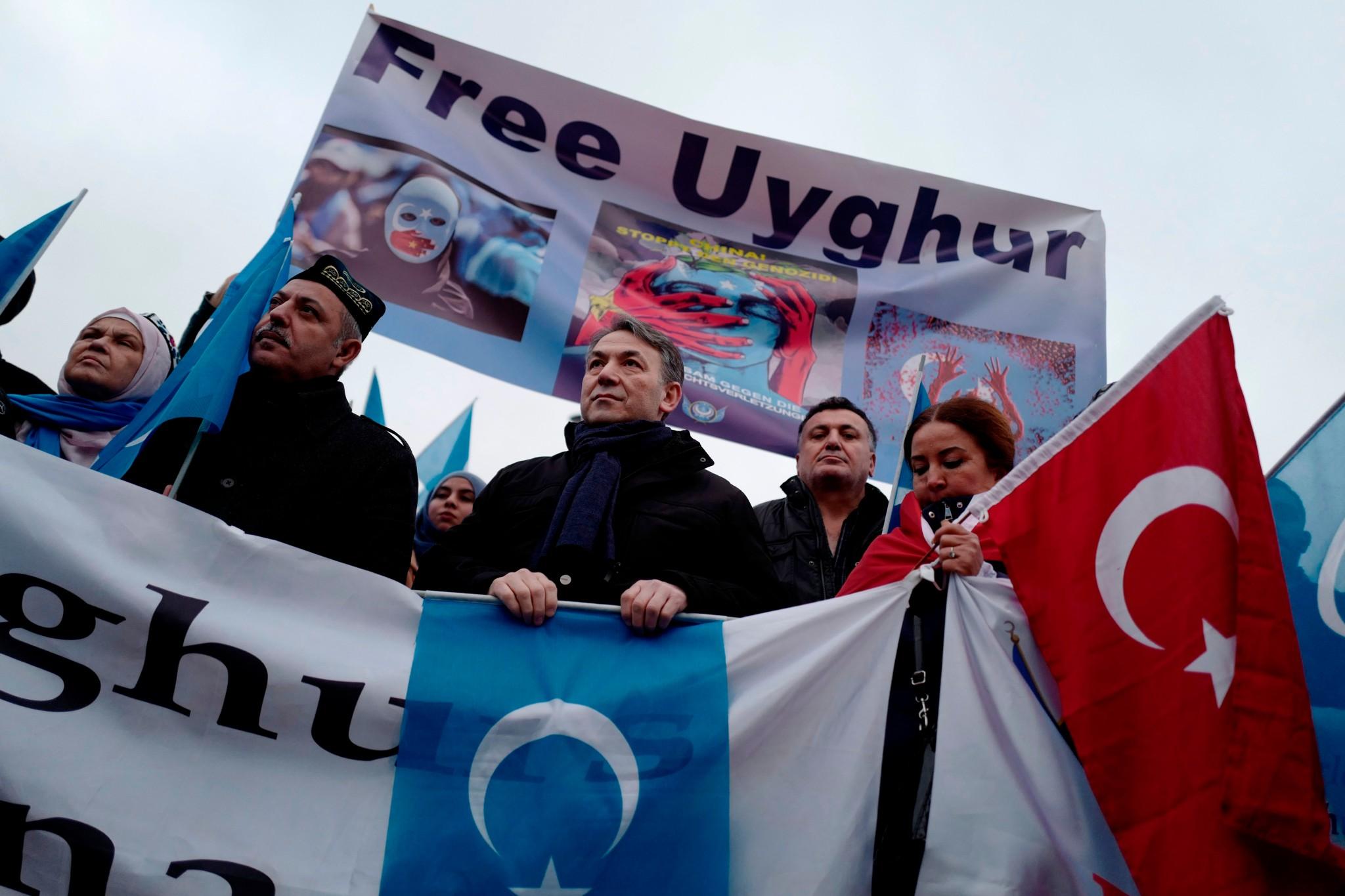China’s treatment of Uighur Muslims is inexcusable – we cannot let the coronavirus distract us from our duty to act
Uighurs in Xinjiang are living in a cycle of deathly fear, writes Shabana Mahmood. What further horrors must the Chinese government visit on these people before the international community takes action?


We’re now well over halfway through parliament’s summer recess; a hazy hiatus from politics as usual. As all parts of the UK take tentative steps out of a patchwork of lockdowns and restrictions, the bulk of ministers’ attention remains rightly focussed on the chimeric implications of the Covid-19 pandemic both here and internationally.
The virus, as deadly in its impact as it is mercurial in its nature, has profoundly changed every aspect of our lives. And while we stand together in a shared determination to defeat it, Covid-19 cannot cloud our sense of internationalism, nor blunt our willingness to stand up and take action when there are clear injustices.
For example, the intolerable and inhumane human rights abuses being inflicted on Uighur Muslims and other Turkic Muslims in China’s Xinjiang province. The figures are incomprehensible, the abuses abhorrent and inexcusable. It’s estimated that over one million people are being held at internment camps in the region, with the Chinese government showing no inclination of pausing their orchestrated campaign.
The propaganda being pumped out from Beijing about these camps’ apparent purpose isn’t worthy of comment. We know what they are – forced labour camps. And we know what we are witnessing – a genocide, quite possibly the biggest since the Second World War. Some would say this sounds alarmist, but the trickle of evidence, which some of us were calling for action on as far back as 2017, has now become a tsunami.
Since the plight of the Uighur Muslims finally hit our national news cycles last month, we’ve seen a noticeable uptick in outrage and general condemnation from most quarters, but there remains a gaping chasm between rhetoric and action. From the right, we see arguments grounded in a newly zealous desire to support America’s trade war with China. Many on the left, meanwhile, are so terrified of a surge in Sinophobia here in the UK that their admirable determination to help is blunted. And while this plays out, countless Uighurs are living day after day in a cycle of deathly fear. In fact, “living” is probably the wrong word – for most Uighurs, they now simply survive.
As the Covid-19 cases in the region rise at pace, countless Uighur prisoners are packed into factories to make personal protective equipment as slave labour. And they are the lucky ones, avoiding for now the forced sterilisations which are now widely reported across the region. What further horrors must the Chinese government visit on these people – their own people – before the international community takes action?
But what action should be taken? Given China’s size and growing strength as a superpower, the options are limited – but they do exist. The Bar Human Rights Committee has laid out the legal avenues which the UK and the wider international community could take to help stop this oppression from continuing down the narrowing path to genocide. The report sets out four key areas of manoeuvre: Magnitsky-style actions on individuals linked to the abuses, actively supporting the formation of an impartial and independent United Nations mechanism - using domestic forms of accountability, including corporate accountability in the supply chain - and various other international strategies which could be formed if the political will can be mustered and organised.
Crucially, the committee found that while China is refusing to be held legally accountable for its actions, this in no way absolves the UK and other nations from their international obligations. In fact, it should strengthen our resolve to see justice done.
The approaches that have been made to the International Criminal Court may not prove to be as fruitless as they first appear. Despite China not being signed up to the jurisdiction of the ICC, petitioners are now pointing out that the court did intervene to probe the violence against Myanmar’s Rohingya community because part of the crime – deportation – had taken part in Bangladesh, which does fall under the ICC. Similar deportations have taken place in Tajikistan and Cambodia, and the petitioners have argued that these countries allowed China to repatriate people who were later murdered, tortured, or sterilised.
And one thing is indisputable: nothing will change unless there is coordinated, robust political force applied as these labyrinthine legal routes are navigated. The UK now has a choice whether to lead this charge or turn our backs and allow these atrocities to continue once the outrage has subsided.
There are many challenges facing our country and our world but surely – just surely – halting China’s relentless drive to abuse, torture, kill, and ultimately wipe out the Uighur people must be something we play a part in stopping in its tracks.
It is an old adage that if these crimes were closer to home, if these camps were opening across the Channel, we would rightly be acting. Just because they are not does not mean we should not do anything. The geographical distance must not dilute the daily horrors being visited on millions of men, women and children by a Chinese state that believes it can act with impunity. The UK government has bared its teeth as democracy is dismantled at pace in Hong Kong. It can – and must – help forge the path towards the Uighur’s freedom.
Shabana Mahmood is a Labour Party politician and MP for Birmingham Ladywood.
Join our commenting forum
Join thought-provoking conversations, follow other Independent readers and see their replies
Comments